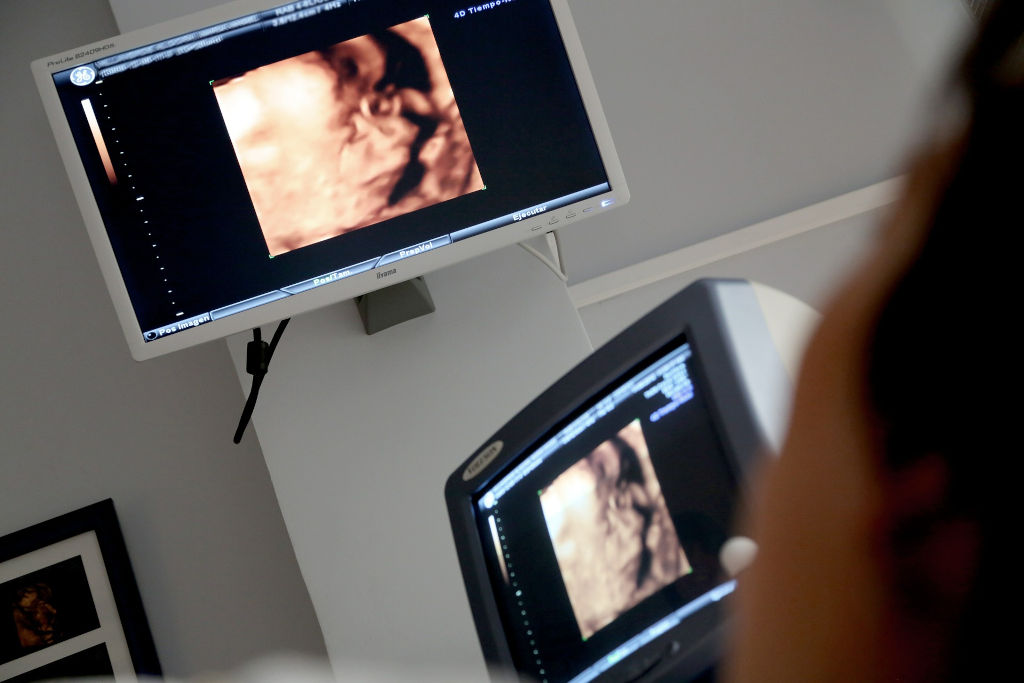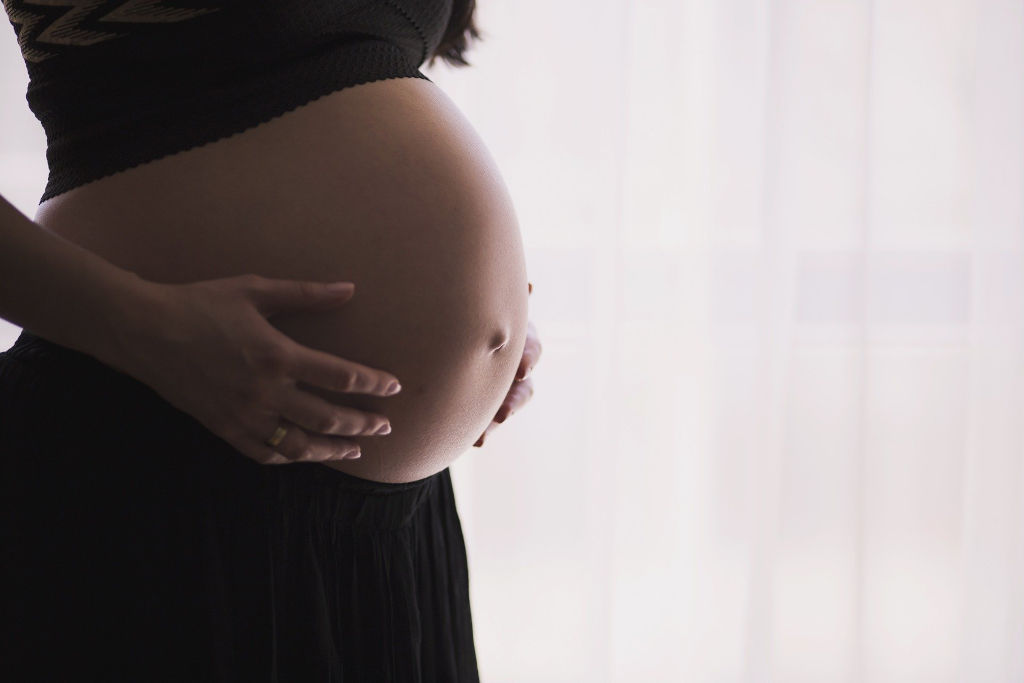Stemming from the Greek word ‘ectopos’ meaning ‘out of place’ an ectopic pregnancy is one which occurs outside of the womb, usually in one of the fallopian tubes. These are the tubes connecting the ovaries to the womb. If a fertilized egg becomes trapped here it’s unable to develop normally and can pose serious health risks if left untreated.
What are the symptoms of an Ectopic Pregnancy?
There may be no noticeable symptoms initially, though some women with an ectopic pregnancy display the normal signs of pregnancy: a missed period, tenderness in the breasts, and nausea. If a pregnancy test is taken it will be positive, but as the egg grows outside of its rightful place in the lining of the uterus symptoms will become more pronounced. These include:
- Pelvic cramps, usually on one side
- Pain in the tip of the shoulder
- Sudden pelvic or abdominal pain
- A tender cervix
- Discomfort when defecating
A doctor should be consulted if any of these symptoms are experienced. If the fertilized egg is left to grow in the fallopian tube it may rupture, causing heavy bleeding in the abdomen. Symptoms of this life-threatening event include severe light-headedness, fainting and shock.

What are the Risk Factors of an Ectopic Pregnancy?
Ectopic pregnancies are quite rare, affecting from 1 to 2% of pregnancies, and they tend to occur most commonly in women with PID (Pelvic Inflammatory Disease) a bacterial infection of the reproductive organs which can also be the cause of infertility problems. Other risk factors include:
- Previous ectopic pregnancies. Having an ectopic pregnancy can increase the risk of another.
- Fertility treatments. Some research indicates that some women who undergo fertility treatment may be at risk, though infertility can also be a risk factor.
- Tubal surgery. Previous surgery to fix a damaged fallopian tube.
- Certain types of birth control. Intrauterine Devices (IUD’s) are highly effective methods of preventing pregnancy but should pregnancy happen while an IUD is in place there is a higher risk of it being ectopic.
- Age. The risk increases for women between thirty-five and forty.
- Smoking. A woman who smokes increases her risk.
How are Ectopic Pregnancies Treated?
If left to grow the fertilized egg can burst the fallopian tube resulting in massive abdominal bleeding and risk of death. Since the foetus can’t develop normally, termination through keyhole surgery or abortive medications is usually recommended.
While the majority of ectopic pregnancies occur in the fallopian tubes, they can also occur in other areas of the body, such as the abdomen. But the risk of allowing a fertilized egg to grow here is equally dangerous, risking internal haemorrhage and foetal malformation. Termination is also usually recommended in these cases.
Currently, there is no way to prevent an ectopic pregnancy apart from termination, and the earlier they are detected the better.

IVF and Egg Donation at Medical Travel
Of course, losing a pregnancy can be extremely distressing, and counselling is often recommended; support groups for women who have suffered an ectopic pregnancy are also available. After the physical and emotional recovery from the sad event a woman and her partner may still be determined to conceive. And the good news is that around 65% of women successfully conceive within 18 months of an ectopic pregnancy. Medical advice should of course be followed, and the couple will usually be advised to wait until the woman has had at least two periods before trying to get pregnant again. IVF treatment may be necessary. If the couple experience problems with conception, perhaps because of infertility problems, or a genetic disorder, egg donation is a feasible alternative.
Egg donation should be sought at a highly respected fertility clinic with a successful track record in the process. In Europe Medical Travel, a family-owned clinic located in Prague is a favourite for medical tourists globally. Nothing could be more important than selecting the right egg donor and at Medical Travel the prospective parents get to ‘customise’ the donor by selecting her physical traits and blood group from a large database of screened, healthy donors. Medical Travel is also renowned for its use of the very latest IVF technology, resulting in a 63% conception success rate.